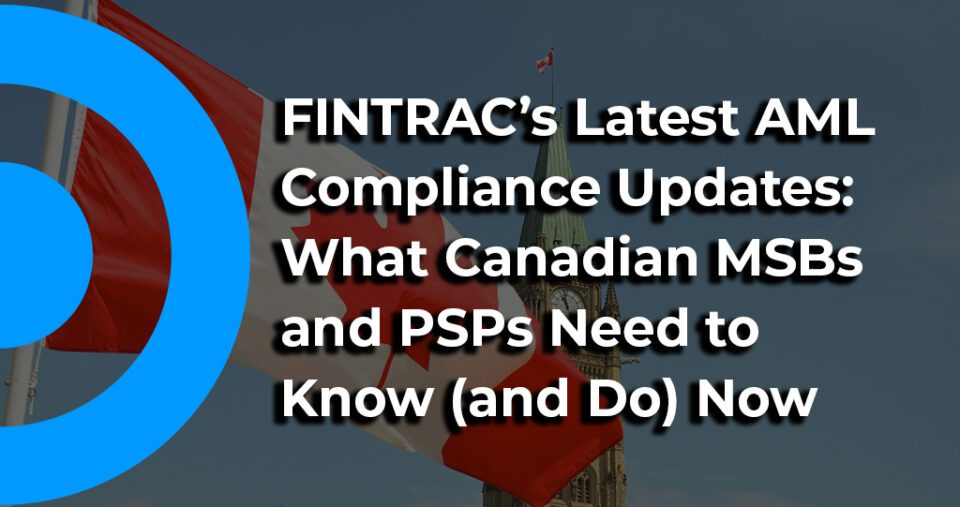
What Are the Different Types of SFC Licenses in Hong Kong?
October 11, 2024
How to Prepare for a Customs and Excise Department Inspection as an MSO
October 15, 2024Applying for a Money Service Operator (MSO) license in Hong Kong can seem like a daunting process, especially given the regulatory scrutiny around Anti-Money Laundering (AML) and Counter-Terrorist Financing (CFT) compliance. However, with the right preparation and understanding, this process can be straightforward. One crucial step is preparing a comprehensive business plan, as this document gives the Money Service Supervision Bureau (MSSB) insight into how your business will operate. In this guide, we’ll break down the critical elements of an MSO License Application in Hong Kong, specifically relating to business plan, outline key compliance requirements, and share how Paycompliance can assist in crafting a foolproof submission.
Key Takeaways:
- Essential Elements of MSO Licensing: Learn what key elements must be included in a business plan when applying for a Money Service Operator (MSO) license.
- Regulatory Focus on AML/CFT: Understand the importance of compliance with Anti-Money Laundering and Counter-Terrorist Financing (AML/CFT) laws.
- Practical Compliance Strategies: Gain insights into structuring your business plan for optimal compliance.
- How Paycompliance Supports License Applications: Discover how Paycompliance can help ensure your business plan meets all regulatory requirements.
Why Is the Business Plan So Important?
The business plan is more than just a formal requirement. It offers a complete picture of how your company intends to operate and ensures the MSSB that your business is prepared to comply with all regulatory obligations. From explaining your company structure to providing details about your compliance measures, this document plays a crucial role in the licensing process.
According to the Guidelines for Submission of Business Plan by the MSSB, the business plan should include several key sections, each of which we’ll explain in detail below.
1. Company Name and History
The first section of your business plan will include basic information about your company. You’ll need to provide details such as your company’s legal name, business name, website, and any trademarks you’ll be using. But don’t stop there—this is also the place to include a brief history of your company. Where did the idea for your business come from? How has your company grown? Have you received any funding? A compelling business history can show regulators that your company is established and prepared to meet the requirements of a money service business.
Also, learn how to How to Prepare for a Customs and Excise Department Inspection as an MSO
2. Key Executives and Location of Management
Regulators want to ensure that your business is led by qualified individuals. That’s why it’s essential to include information about your senior management team. This section should detail their qualifications, employment history, and educational background. Additionally, provide the location of your key management team—where are they based, and where are critical business decisions made?
For businesses with back-end offices in or outside of Hong Kong, you’ll also need to provide details on the functions of these offices.
3. Understanding Your Customers and Business Operations
Another critical component is detailing who your customers are and where they are located. Do you primarily serve local clients, or are your services available to international customers? The MSSB will want to know how you interact with your clients, including the types of services you offer and how these services are delivered.
If your business involves working with agents or other financial institutions to transfer or receive funds, this is the section where you’ll provide that information. You’ll also need to explain the measures in place to protect customer funds.
4. Compliance with AML/CFT Regulations
One of the most important sections of your business plan will focus on how your company complies with Anti-Money Laundering (AML) and Counter-Terrorist Financing (CFT) regulations. The MSSB is particularly concerned with how your business plans to prevent illegal activities. Your business plan should include:
- A detailed explanation of your internal controls.
- The processes you have in place for detecting suspicious transactions.
- The technology or systems you use to screen clients and transactions for potential risks.
5. Financial Information and Organizational Structure
Your financial health and organization are also key factors in obtaining an MSO license in Hong Kong. Be prepared to provide information about your expected profit margins, turnover, and operating capital. This helps regulators understand your financial viability.
Your organizational structure should clearly outline the key people and entities involved in your business. If you’re part of a larger group of companies, include an organizational chart and explain how each entity functions. This transparency is essential for both compliance and operational efficiency.
6. Using Outsourced Services
If your business plans to outsource any functions—especially those related to compliance or AML/CFT—these details must be clearly outlined in your business plan. Regulators want to ensure that any third-party service providers are held to the same standards as your business, so be specific about the names and roles of any partners.
7. Computerized Systems and Automation
Technology plays a big role in modern financial services, particularly when it comes to compliance. If you use any computerized systems for transaction monitoring, customer screening, or compliance checks, include that information in your business plan. You’ll also want to explain the role of these systems in preventing money laundering or terrorist financing.
If your business uses a specific AML software, outline how it helps you identify high-risk transactions or clients.
How Paycompliance Can Help
Applying for an MSO license requires a thorough understanding of regulatory requirements, as well as a detailed and accurate business plan. At Paycompliance, we specialize in helping businesses navigate these complexities. Whether you’re preparing your first application or need ongoing compliance support, our team is here to assist.
Here’s how we can help:
- Document Preparation: We’ll help you gather all the necessary documents and ensure they meet regulatory standards.
- Compliance Audits: Our team conducts in-depth audits to identify any potential compliance gaps before submission.
- Training and Support: We provide comprehensive training to ensure your team is fully equipped to meet AML/CFT obligations.
- Ongoing Monitoring: Once your business is operational, we offer continued support to ensure you stay compliant with all regulatory requirements.
Businesses that partner with Paycompliance have a significantly higher success rate in obtaining their MSO licenses, with a 98% first-time approval rate.
Conclusion: Your Path to MSO Licensing Success
Preparing a comprehensive business plan for an MSO license is a crucial step in establishing a money service business. From understanding your customer base to ensuring compliance with AML/CFT regulations, every detail matters. While the process may seem overwhelming, having expert support can make all the difference.
At Paycompliance, we are dedicated to helping businesses succeed in the financial services industry. Our team of experts is ready to assist with everything from business plan preparation to ongoing compliance support.
If you need help with your MSO license application, don’t hesitate to reach out. Contact Paycompliance today to ensure your business plan meets all regulatory requirements and positions you for success.



